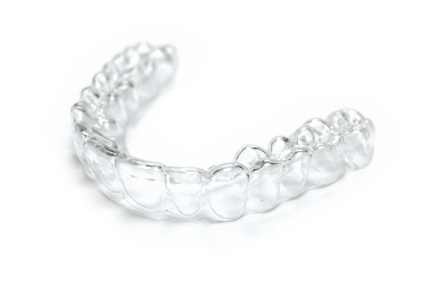If you’re planning to become pregnant or suspect you’re already pregnant, it’s important that you see Dr. Ngo right away. Pregnancy may cause unexpected oral health changes due to hormones—particularly an increase in estrogen and progesterone—which can exaggerate the way in which gum tissues react to plaque. Research continues to show that overall health and oral health coincide, so it’s especially important for you to maintain good oral hygiene throughout your pregnancy. Visiting Dr. Ngo will allow her to assess your oral condition and map out a dental plan for the remainder of your pregnancy.
How does plaque build-up affect me?
When plaque isn’t removed, it can cause gingivitis—red, swollen, tender gums that are more likely to bleed. So-called “pregnancy gingivitis” affects most pregnant women to some degree and generally begins to surface as early as the second month of pregnancy. If you already have gingivitis, the condition is likely to worsen during pregnancy. Untreated gingivitis can lead to periodontitis, a more serious form of gum disease that includes bone loss.
How does gingivitis affect my baby’s health?
Research suggests a link between pre-term delivery, low birthweight babies, and gingivitis. Excessive bacteria can enter the bloodstream through your gums; the bacteria can travel to the uterus, triggering the production of chemicals called prostaglandins, which are suspected to induce premature labor.
How can I prevent gingivitis?
You can prevent gingivitis by keeping your teeth clean, especially near the gumline. You should brush with fluoride toothpaste at least twice a day and after each meal when possible. You also should floss each day. Good nutrition keeps the oral cavity healthy and strong; in particular, you should get plenty of vitamins C, and B12. More frequent cleanings Dr. Ngo also will help control plaque and prevent gingivitis.
What are pregnancy tumors?
Pregnant women are at risk for developing pregnancy tumors—inflammatory, non-cancerous growths that develop between the teeth or when swollen gums become irritated. These localized growths or swellings are believed to be related to excess plaque. Normally, the tumors are left alone and will usually shrink on their own after the baby’s birth; however, if a tumor is uncomfortable and interferes with chewing, brushing, or other oral hygiene procedures, your dentist may decide to remove it.
Are there any dental procedures I should avoid?
Routine exams and cleanings can be performed throughout pregnancy; however, non-emergency procedures should only be performed during the second trimester of pregnancy. Dental emergencies that create severe pain can be treated during any trimester, but your obstetrician should be consulted during any emergency that requires anesthesia or whenever medication is prescribed. X-rays should only be taken for emergency situations. Lastly, elective and cosmetic procedures should be postponed until after the baby’s birth.
Because every woman is different, it’s best to discuss and determine with Dr. Ngo.
For more oral health tips, talk to Dr. Ngo or visit KnowYourTeeth.com. Brought to you by the Academy of General Dentistry (AGD)
Focus Dental is conveniently located on the corner of Jupiter Rd and Campbell Rd in the Campbell Park Shopping Center at 3443 W Campbell Rd, Ste 650 Garland, TX 75044. So if you are in Garland TX, Richardson TX, Dallas TX, Plano TX, Murphy TX, Sachse TX, Wylie TX or surrounding areas we are here to help you with your family, restorative or cosmetic dentistry needs.


